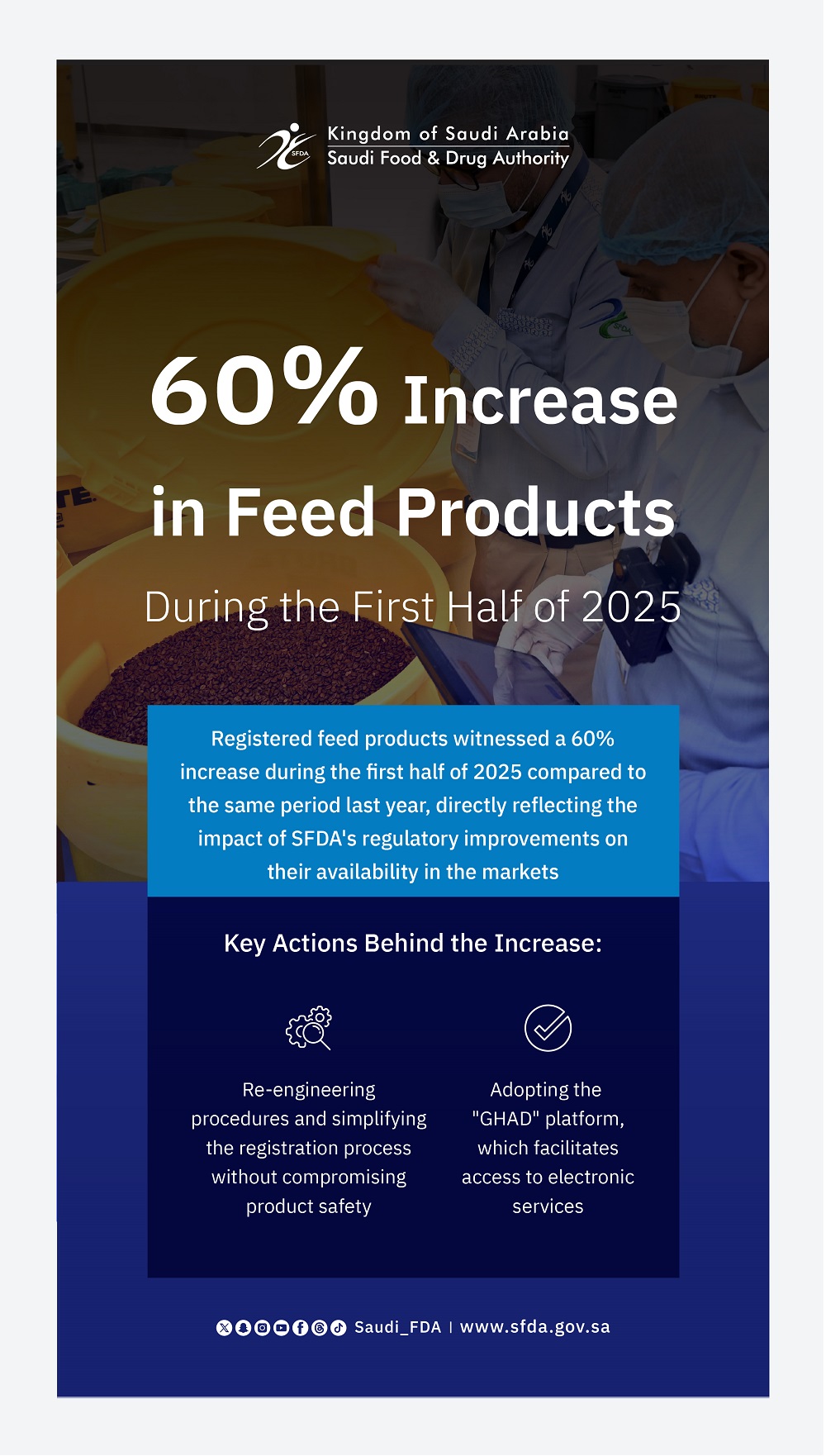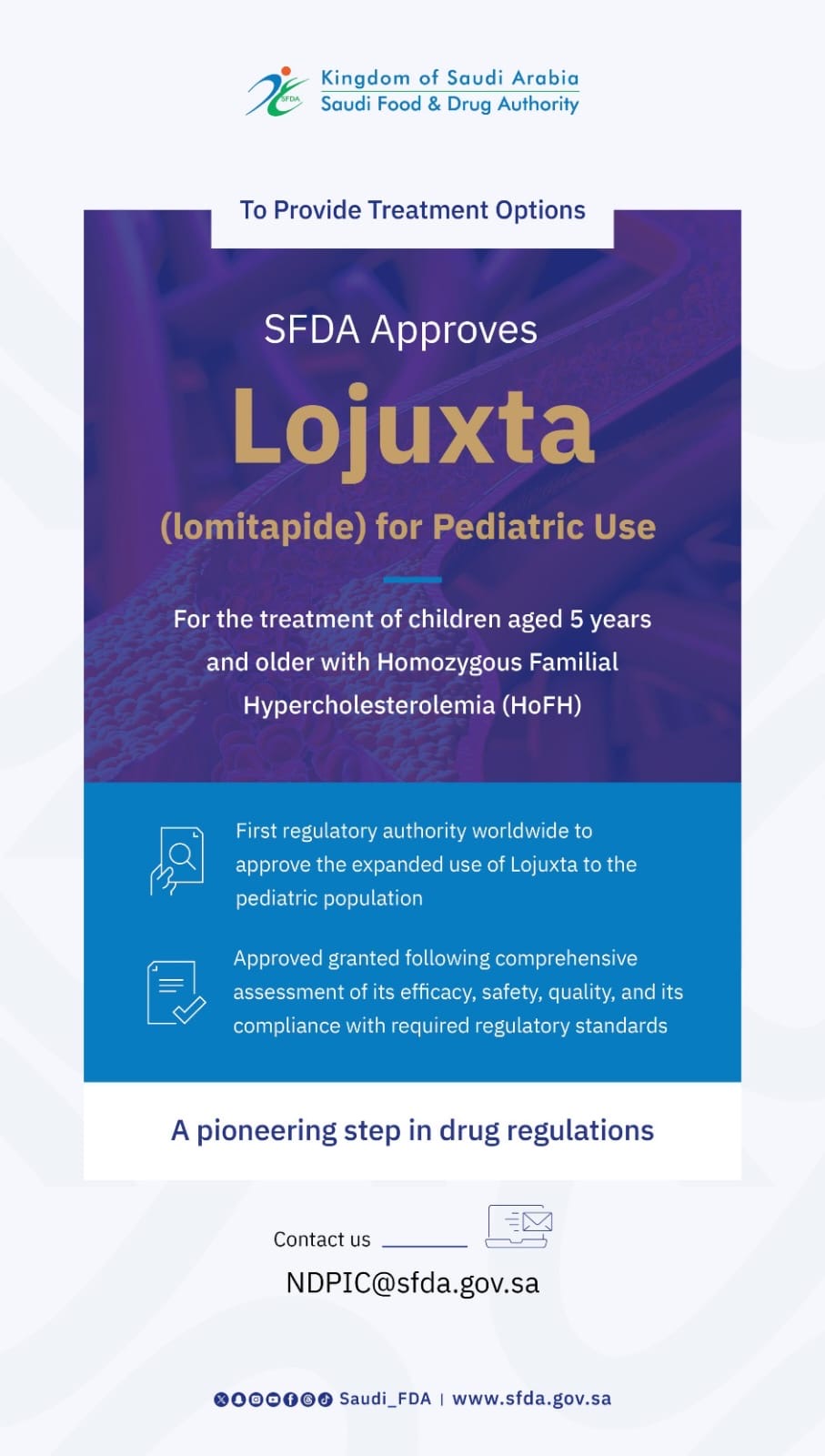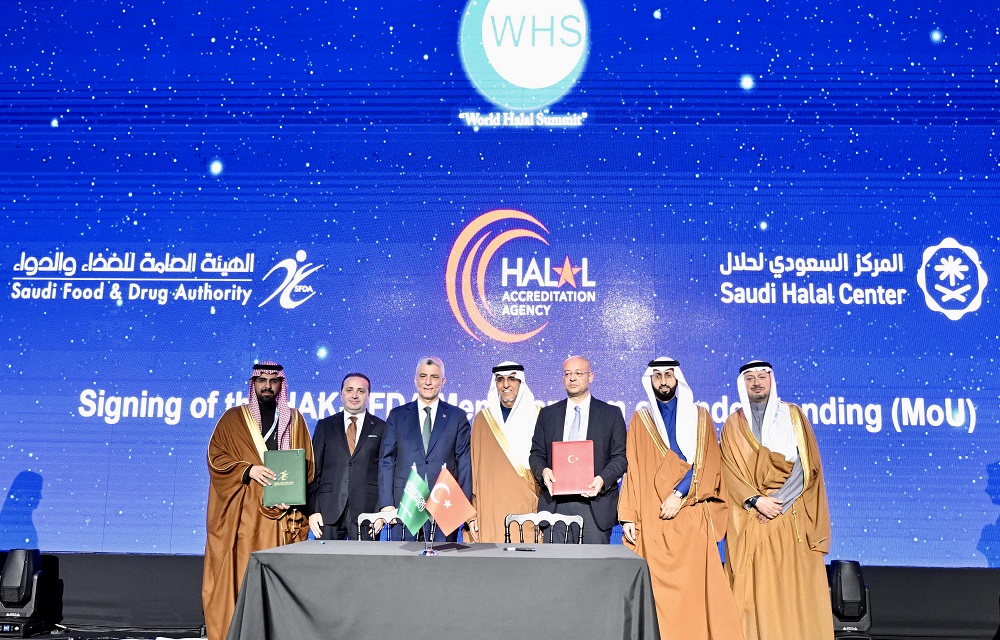SFDA: Consuming Large Amounts of Caffeine After Iftar Has Negative Effects
2023-03-24
To avoid symptoms linked to excessive caffeine consumption, the Saudi Food and Drug Authority (SFDA) encouraged consumers to moderate their coffee consumption after Iftar.
The SFDA stated that excessive coffee consumption during Iftar is likely to be harmful to the health of the fasting person. For a healthy adult, the recommended daily caffeine intake is no more than 400 mg, or about 15 cups of Saudi coffee with a capacity of 50 ml, while pregnant women are advised to consume no more than 300 mg daily.
The SFDA emphasized the significance of avoiding excessive coffee intake during Ramadan due to the associated symptoms of insomnia, a quick heartbeat, and frequent urination, which causes the body to lose vital fluids and occasionally results in headaches.
The SFDA further stated that the month of Ramadan is a good time to cut back on excessive caffeine intake without risking negative side effects. This is because reducing suddenly could result in caffeine withdrawal symptoms including headaches, anxiety, and nervousness.





